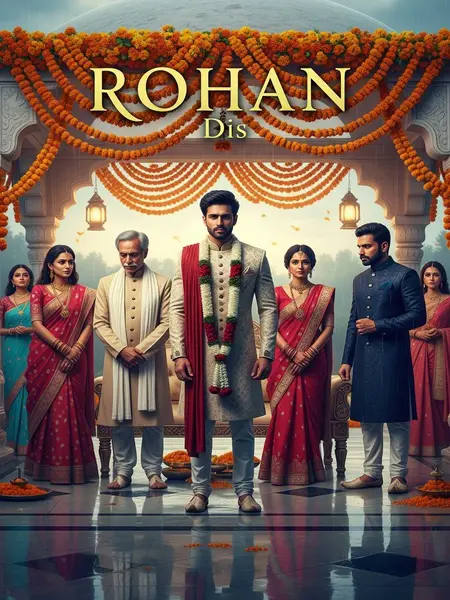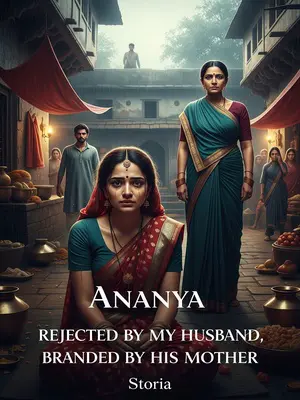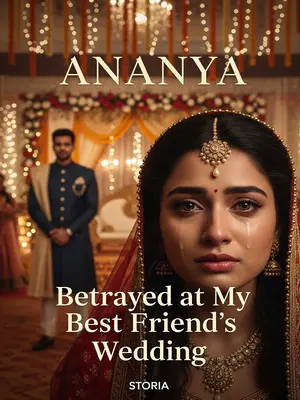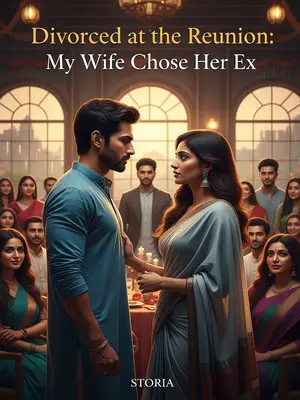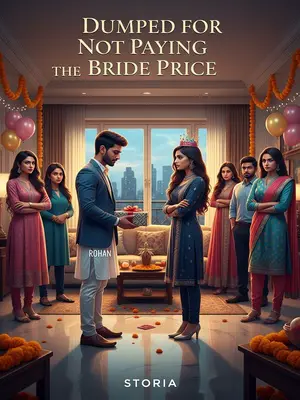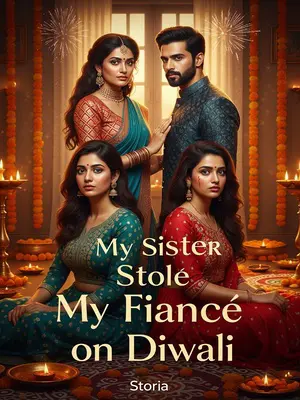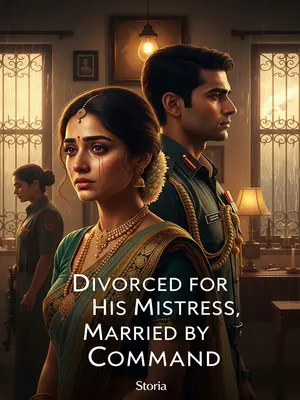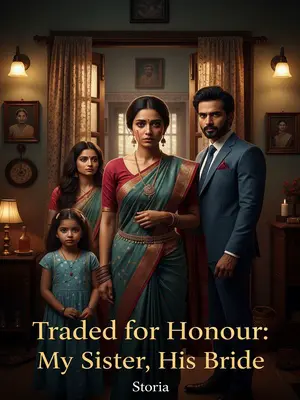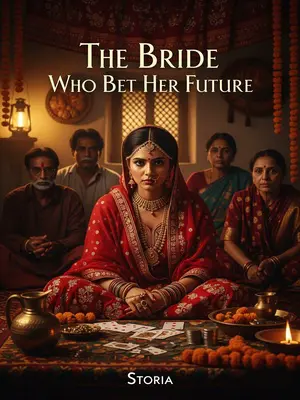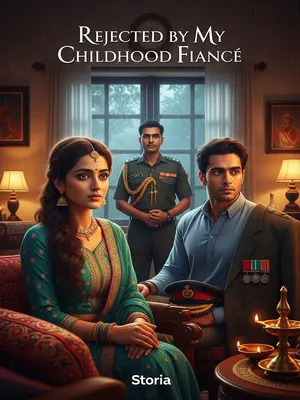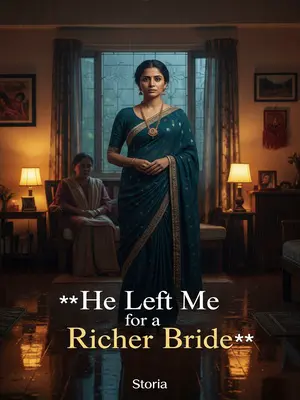Chapter 2: Unspoken Grievances
But my cousin wouldn’t let it go. He scoffed, pushed his plate away. The clink of bangles stopped as everyone waited.
“Settled? Hah.”
He sneered at my dad, “Chacha ji, itni kamaai karte ho, but only for yourself. No reception for us relatives!”
He spat the words, eyes scanning for approval, jealousy as obvious as the paan stain on his kurta.
“Paise aate hi sab ko neecha dekhte ho, haan? You just look down on us.”
He played the victim, voice rising, his favourite trick—guilt.
He swept his gaze across the room, challenging anyone to object. Some nodded awkwardly, an aunty shifted, caught in the crossfire. Log kya kahenge, after all.
Puffing up, he waved his hand, “Rohan, make sure there’s Royal Stag and Classic Gold Flake. Blenders Pride won’t do.”
His voice rang with entitlement, like a politician at an election rally. The laughter of kids faded, replaced by silence.
(For context: Royal Stag and Blenders Pride are expensive Indian liquors; Classic Gold Flake is a premium cigarette brand—must-haves for showing off at family gatherings.)
The words lingered, sharp as frying onions—impossible to ignore.
So that’s what this is about.
My cousin’s family loves to freeload. Over the years, we’ve covered all of Dadaji’s expenses. My uncle even quietly takes a chunk for himself. An aunty whispered to her neighbour, “Sab jaante hain, bas koi bolta nahi.”
For Dadaji’s birthday, we paid for everything, but my cousin invited distant relatives and neighbours, treating them to food—never mentioning we were footing the bill. He strutted around, acting the generous host, distributing mithai like a maharaja. I caught him sneaking bottles of Blenders Pride into his wife’s bag. She glanced around, eyes meeting mine, then looked away, embarrassed, whispering to her daughter.
My dad always thinks they’re struggling, so he turns a blind eye—he even sets aside extra for Uncle and helped my cousin buy a car and flat. Ma sighs, “Apna toh farz hai, beta, par kabhi kabhi dil toot jaata hai.” He shrugs, “Blood is blood. What can we do?”
Now my cousin sneered at me, the whole room silent. My dad’s face darkened, jaw clenched, lips pressed tight. He reached for his water glass, hand trembling, eyes fixed on the condensation sliding down its side. Even the warmth in his eyes flickered.
I swallowed my frustration. “Cousin, you really don’t need to worry about this.”
I tried to sound gentle, but there was steel in my voice. I caught Sneha’s eye, nodding—hoping she felt my support.
“We’ll have a reception right here after Goa. Venue is booked. Cigarettes, daru, sweets, shagun—nothing will be missing. No disrespect to anyone.”
I listed every buzzword—shagun, mithai, daru—hoping to cool things down. Ma’s shoulders eased slightly.
*(‘Shagun’—cash gifts—are an Indian tradition at weddings and festivals.)*
When I discussed the wedding with my parents, Dad hesitated, but the reception convinced him. “Bas, beta, sab ki khushi ka khayal rakh lena.”
The relatives’ faces relaxed. Someone chuckled, another reached for jalebi. An aunty murmured, “Accha hai, nayi soch.”
We’ve always helped relatives, never missing a shagun. Someone finally spoke up, “Amit, didn’t chacha ji’s family say they’ll host a reception? No disrespect here.”
Another uncle nodded, “New zamana, new ways. Let the young couple be happy.”
Aunty in green saree smiled at Sneha, “Beta, do what your heart says.”
“Let’s eat—don’t upset Dadaji.”
The elders’ voices broke the tension, plates passed, kids relaxed. It seemed the drama was ending.
But my cousin’s face grew uglier. He didn’t sit, but had nothing left to say. Suddenly, he slapped the table again, the echo sharper. Dadaji looked up from his kheer. My cousin’s knuckles whitened.
“That’s not good enough! Rohan, you must hold the ceremony at home!”
He was out of breath, wife glaring triumphantly, as if this were a saas-bahu serial. “Even if these relatives don’t mind, did my dad and Dadaji agree? Did I agree?”
He banged his fist for emphasis. “Is your wedding just your family’s business? What chacha ji and chachi ji say doesn’t count.”
My mother bristled, lips tight. Papa just sat, staring into his glass.
“My dad is the eldest son. I’m the eldest grandson. Sharma family has always done traditional weddings—you can’t break the rule. Or you’ll be unfilial, betraying your ancestors!”
He puffed up, as if quoting ancient law. The word ‘unfilial’ hung, old-fashioned and heavy.
He ignored my dad, looking straight at my uncle, “Dad, am I right?”
He sounded sure, as if hierarchy was everything.
Here we go—the eldest son, eldest grandson, ancestors, unfilial. Am I planning a wedding or digging up family graves?
I almost laughed, but my chest ached.
Uncle folded his arms, exchanged a look with my cousin, and looked at my dad with a syrupy smile, “That’s right, bhaiya. Amit’s right. Can you ignore what your big brother and papa ji say?”
His tone was sweet, but his eyes glinted with challenge. He turned to Dadaji, “Papa ji, what do you say?”
The air thickened, as if the fan had stopped. All eyes turned to Dadaji. For a moment, hope flickered in my dad’s eyes—maybe Dadaji would stand up for him.
Dadaji put down his chai, cleared his throat, and fixed my dad with a cold stare. “Bhaiya, how did I raise you? You must listen to your elder brother—he’s the eldest son of our Sharma family.”
He looked away, voice stern. “All these years, you lived it up in the city. What’s the use of that money? It’s not as good as your brother and Amit being filial by my side. You make so much, but you don’t buy Amit a house or car. All you care about is your own wife and child. You don’t know your place. I really raised you for nothing.”
The words stabbed deep. My dad shrank, lines on his face deepening.
“Too many people here today. I don’t want to lecture. Rohan’s wedding will be as Amit says.”
The gavel had fallen. My heart hammered, hot and helpless.
The hope in my dad’s eyes faded. After years of swallowing pride, all he got was, “I raised you for nothing.”
His shoulders sagged. The man who once built a home from nothing looked small and tired.
He’d started from scratch, weathered storms, but I’d never seen him so defeated.
I wanted to hug him, but the weight of so many eyes held me back.
A mix of heartbreak, anger, and burning injustice rose in me. My throat tightened. I blinked hard, refusing to cry.
Fine. If my dad wants to endure, I’m done with it.
My fists clenched, old anger bubbling up. Enough was enough.
Endure for what? What’s the point of patience if it only gets you insulted in front of everyone?
With everyone here, it’s the perfect time to settle old and new scores.
The decision crystallised. For my father, for Sneha, for myself—I couldn’t stay silent anymore.
